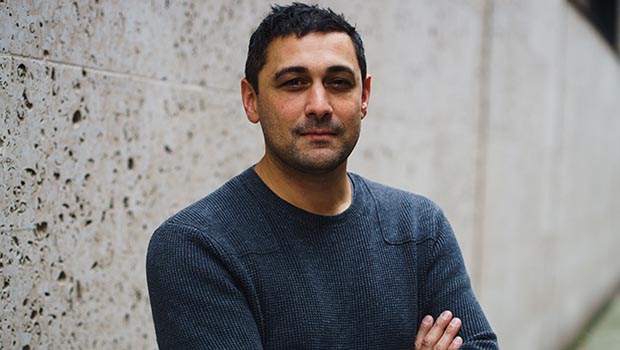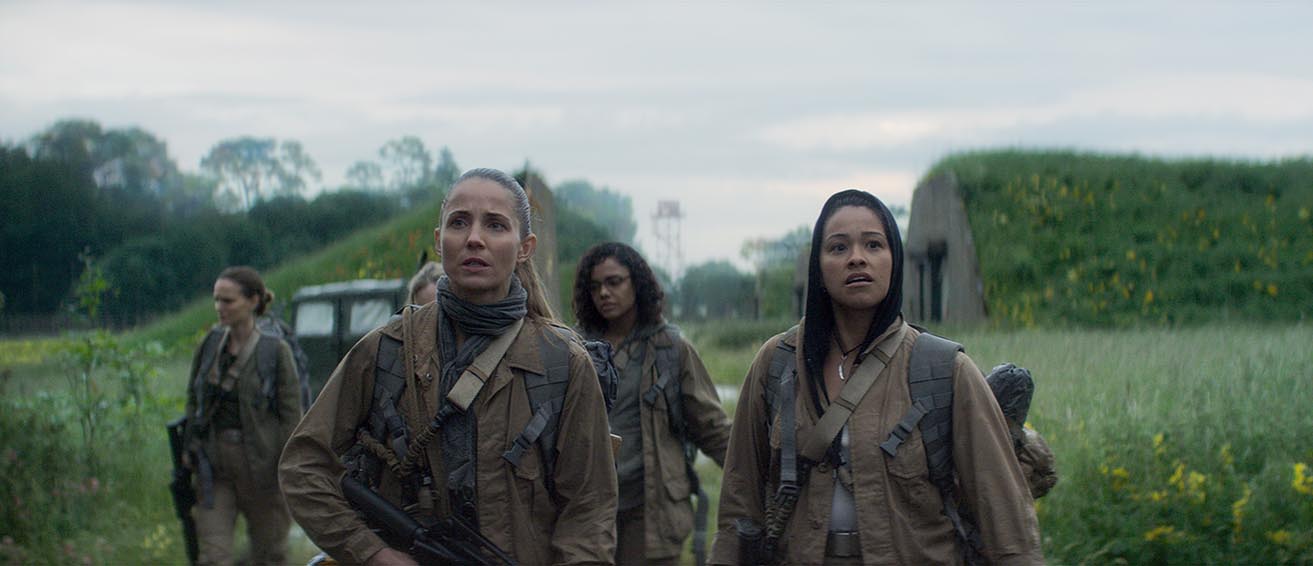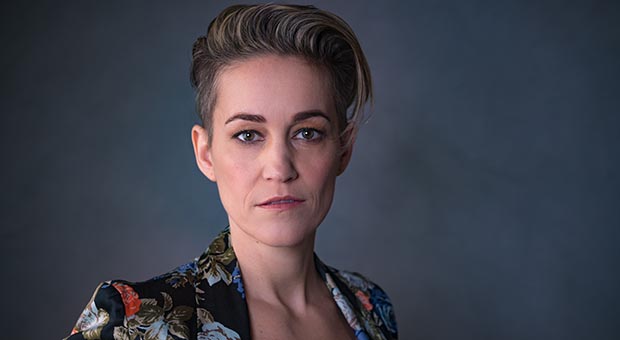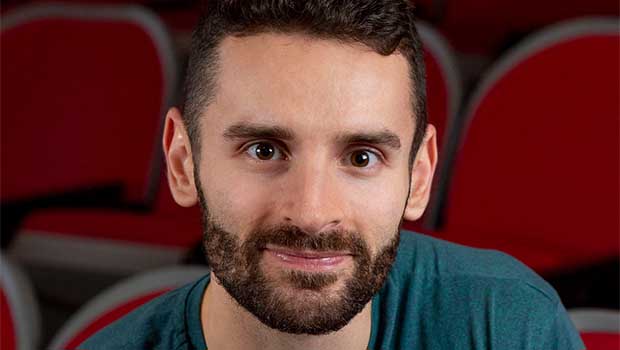
23 Feb The Biz Interview: Dr. Adam Rutherford
In scientific circles, Dr. Adam Rutherford carries esteemed credentials like a PhD in Genetics and a degree in evolutionary biology.
Besides being a science writer and also a broadcaster on BBC Radio 4 and BBC4 (among others), Dr. Rutherford is a noted scientific advisor who has lent his expertise to films like World War Z and Ex Machina.
His newest scientific contribution to cinema comes to us via Annihilation which is now in theatres. We talked to Dr. Rutherford to find out more about his work as a scientific advisor on the film and his own thoughts on science fiction movies.
________________________________
Can you start by telling us a little bit about you and your involvement in Annihilation?
I was involved throughout the whole process on Annihilation. I’d worked with Alex Garland on Ex Machina, and he asked me to have a look at the Annihilation script while Ex Machina was in the edit. All five leading characters are scientists, and the main one, played by Natalie Portman, is a geneticist, which is my own field. We talked through ideas in the plot, and specific lines to make sure they are rooted in real science, even though it is fiction.

What kinds of tasks are involved for a scientific advisor on a film?
Reality checking is the main one, that is making sure that the dialogue and the ideas are not preposterous, and serve the narrative. But I also worked with some of the actors, including Natalie Portman, Tuva Novotny and Tessa Thompson. They just wanted to talk about their characters, and what it’s like to be a scientist. Finally, I helped out in the edit with some of the visual effects, particularly with Andrew Whitehurst on getting some of the microscope imagery right.
________________________________
________________________________
What was the most rewarding aspect of working on Annihilation?
Working with Alex Garland is a joy. The creative process is mostly just talking about things and ideas. But he also surrounds himself with incredibly talented and bright people, so hangin’ out with the actors was also just fun. There was a really positive vibe on set, hard work, but because people want it to be as good as the script.
What inspired you to pursue your initial career in science and shift into other areas like writing, broadcasting, and consulting for film and television?
I had no plan. It was all a random walk. I like science, I like talking about science, I care about the promulgation of scientific ideas. I love cinema too, and I somehow managed to combine the two.
________________________________
“I’m not really into taxonomy. There is good and bad in every genre, in every medium. I like sensation. I like to be pushed. I like to have my bones rattled. “
________________________________
You have written a book called Creation with plans to write at least two more books. What do you enjoy about writing?
My second book is called A Brief History of Everyone Who Ever Lived, and was published in the US last year. The next one is called The Book of Humans and will be out later this year. I like crafting the ideas and translating new knowledge into narratives for everyone. Writing itself is a pain in the arse, but the end product might end up being a set of cogent ideas that others might like. That’s the plan anyhoo.
As a fan, what kinds of movies do you enjoy the most and why?
I’m not really into taxonomy. There is good and bad in every genre, in every medium. I like sensation. I like to be pushed. I like to have my bones rattled.

Why do you think science fiction movies have endured for so long?
Science fiction allows to explore the present by pushing at the boundaries of what we can do. It’s a literary genre that is crammed full of good ideas and some bad writing. It translates well to film because the medium is very lean, if done well, so there is not a lot of time wasted in telling a story and exploring an idea in 90 minutes. That is changing slightly with the advent of boxset culture, where you can become engaged in much longer and networked ideas. Nobody does it better than The Sopranos, or Mad Men, but there is still a great attraction to a perfectly formed script. Ex Machina was that, not a single line wasted. Annihilation is the same.
From your perspective, what do films often get right about scientist characters and what do they often get wrong?
Scientists are just people. ‘Scientists are collectors, classifiers and compulsive tidiers-up; many are detectives by temperament and many are explorers; some are artists and others artisans.’ Nobel Prize winner Peter Medawar said that.
Are there any other new film or television projects coming up for you?
Some things coming, and I’m still working with Alex Garland. I’ll work for him until he stops asking.
________________________________
Thanks to Dr. Adam Rutherford for speaking with us!
Annihilation is now in theatres.
For more of Dr. Rutherford, please visit his website at AdamRutherford.com.







